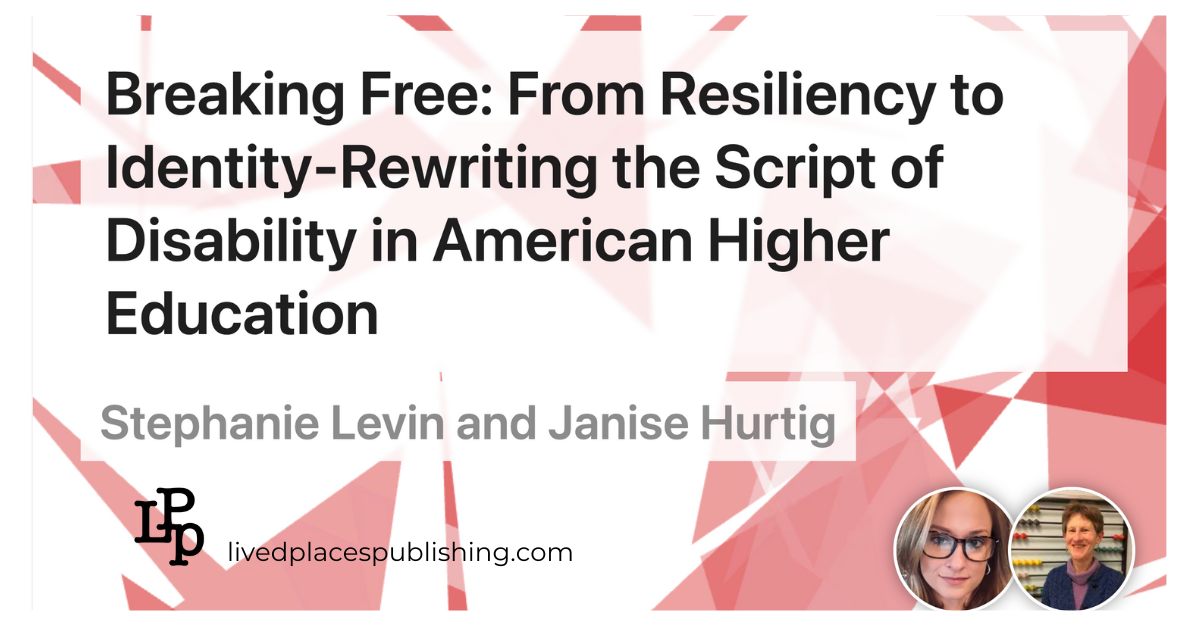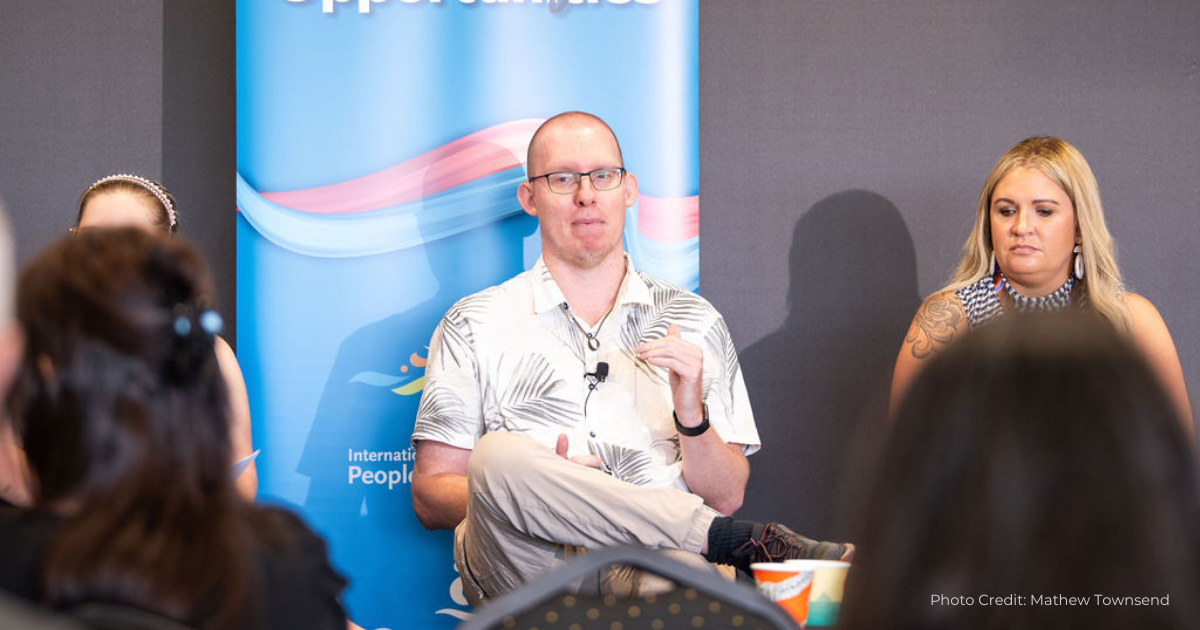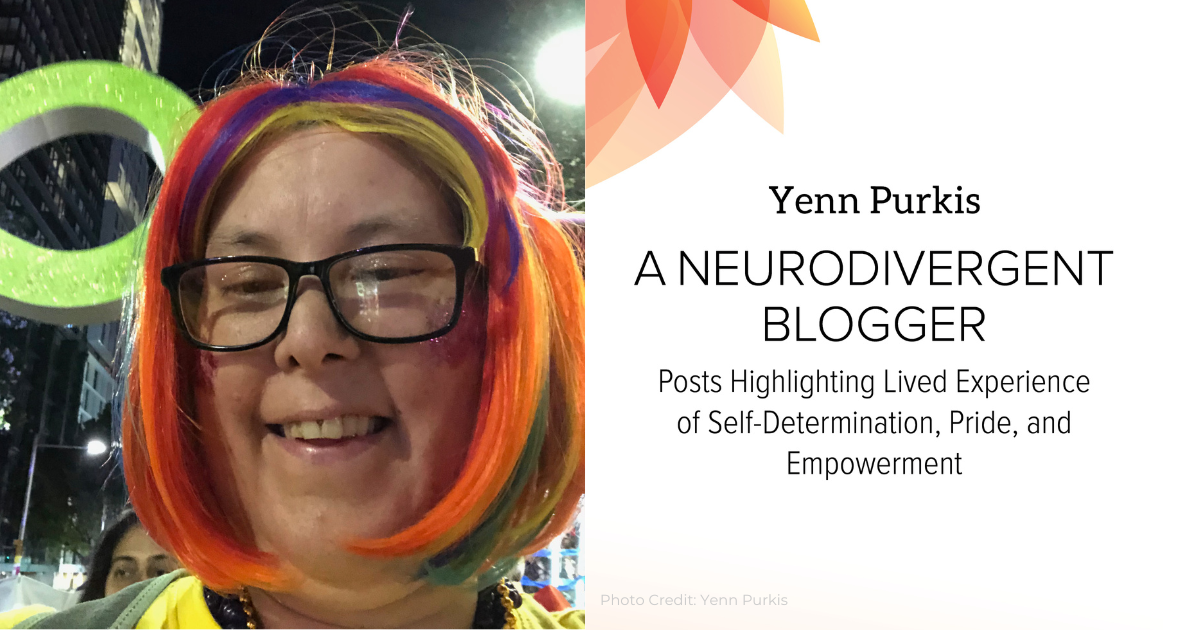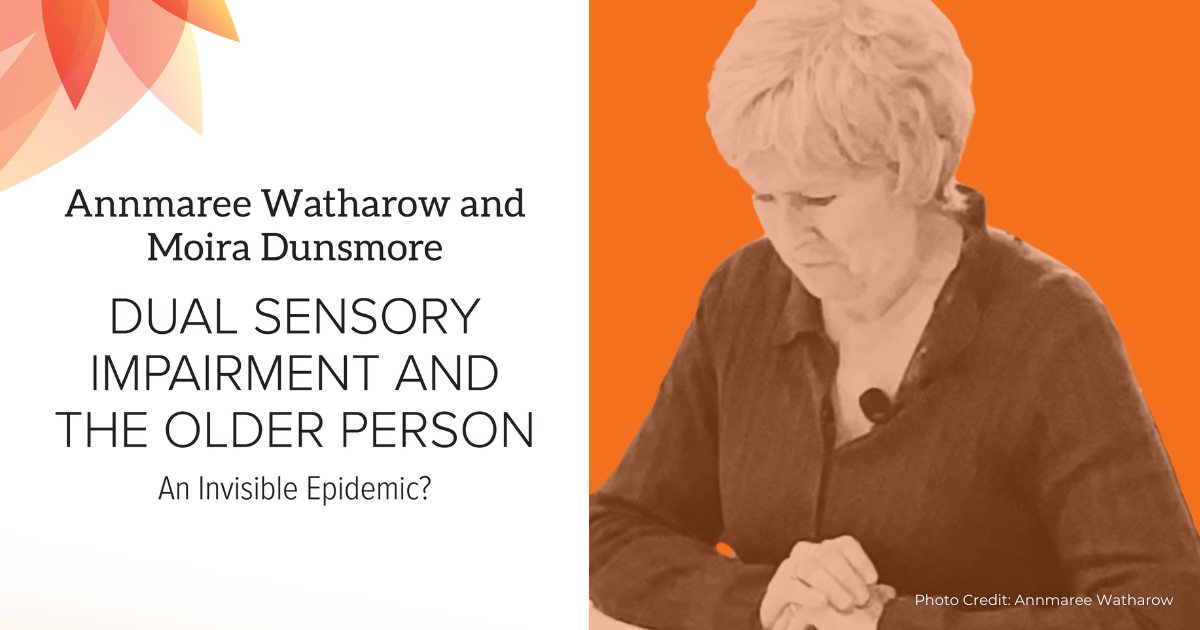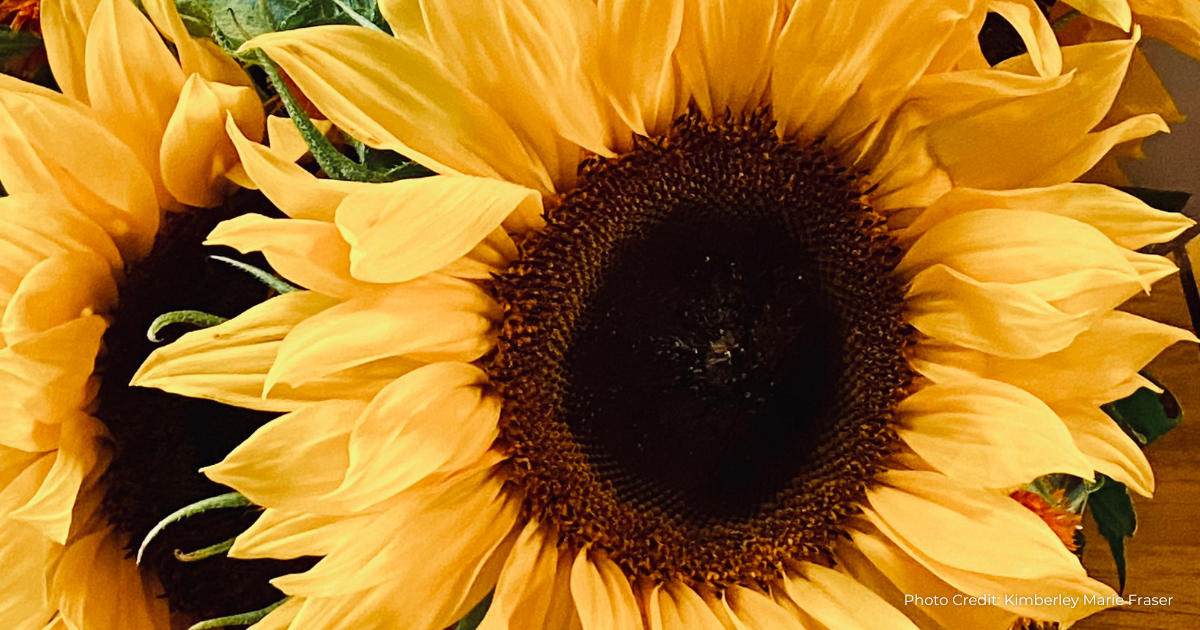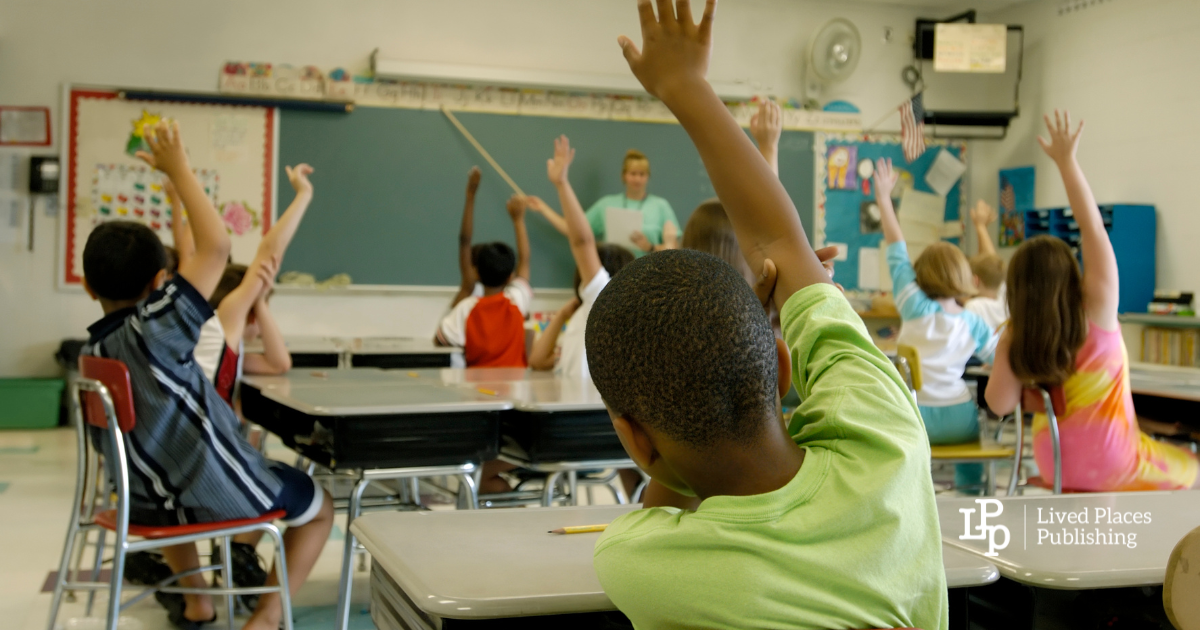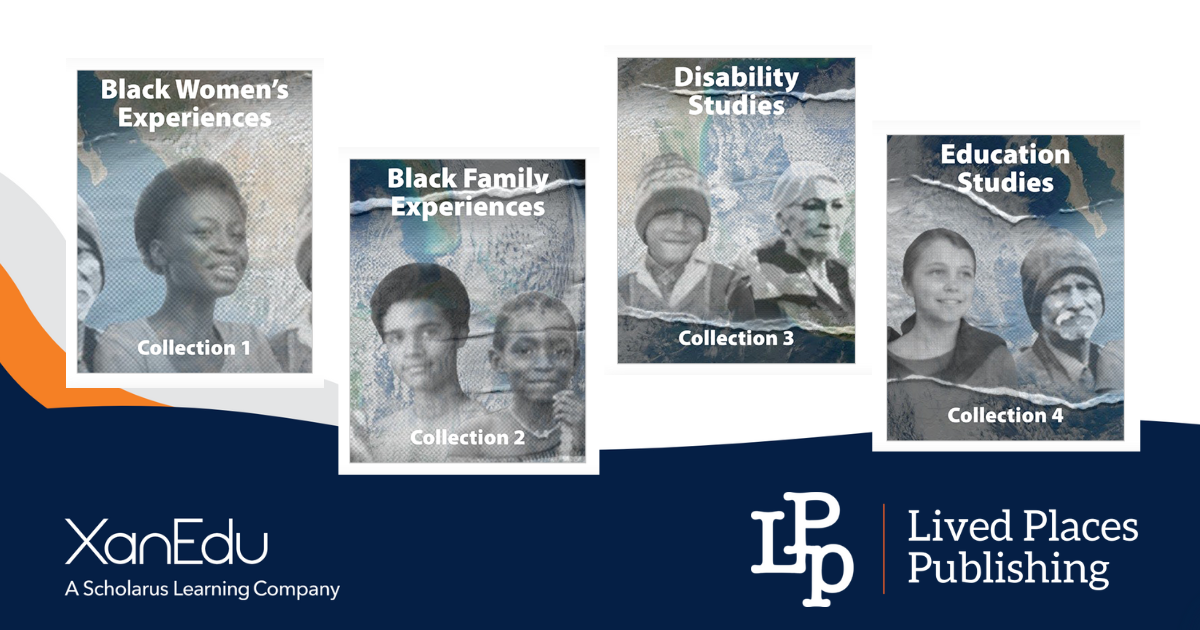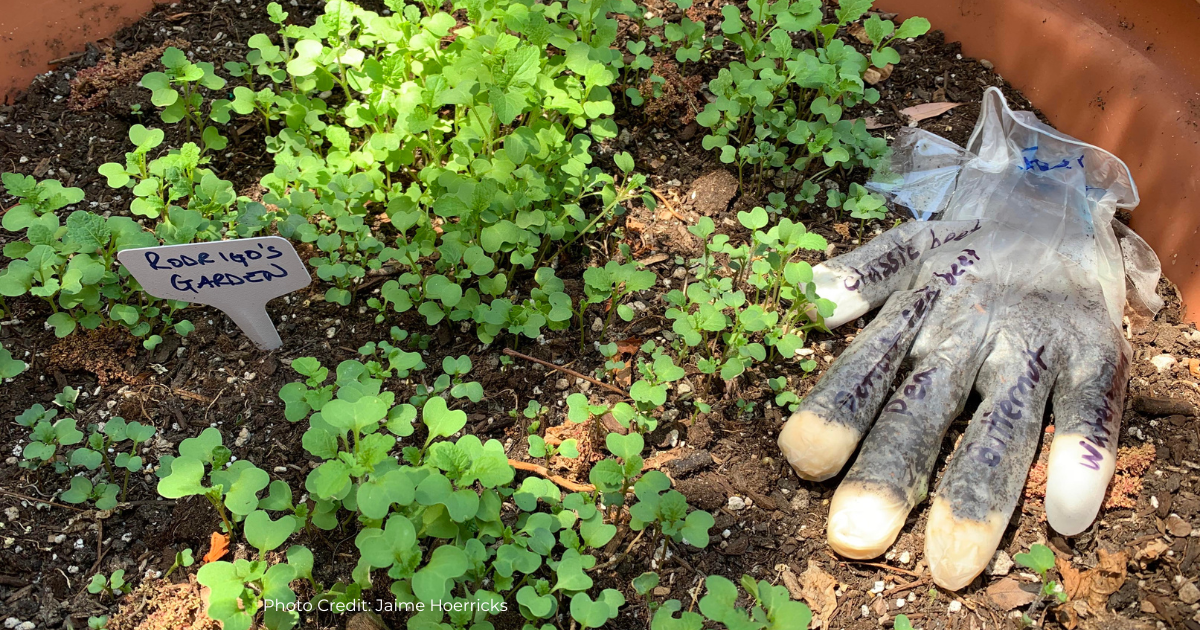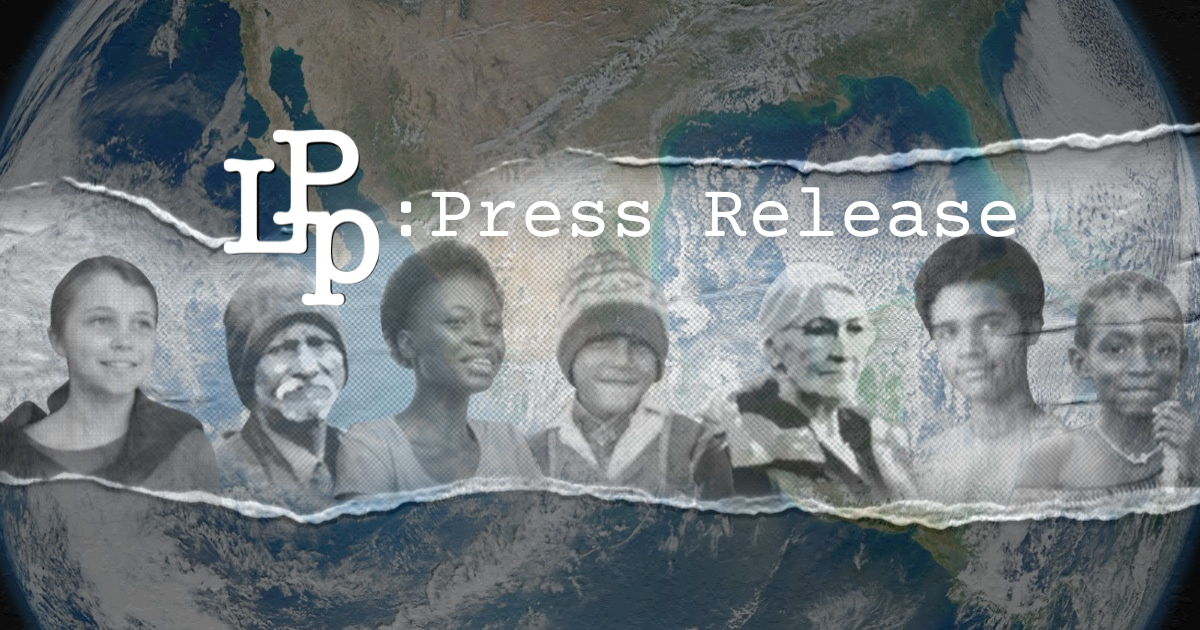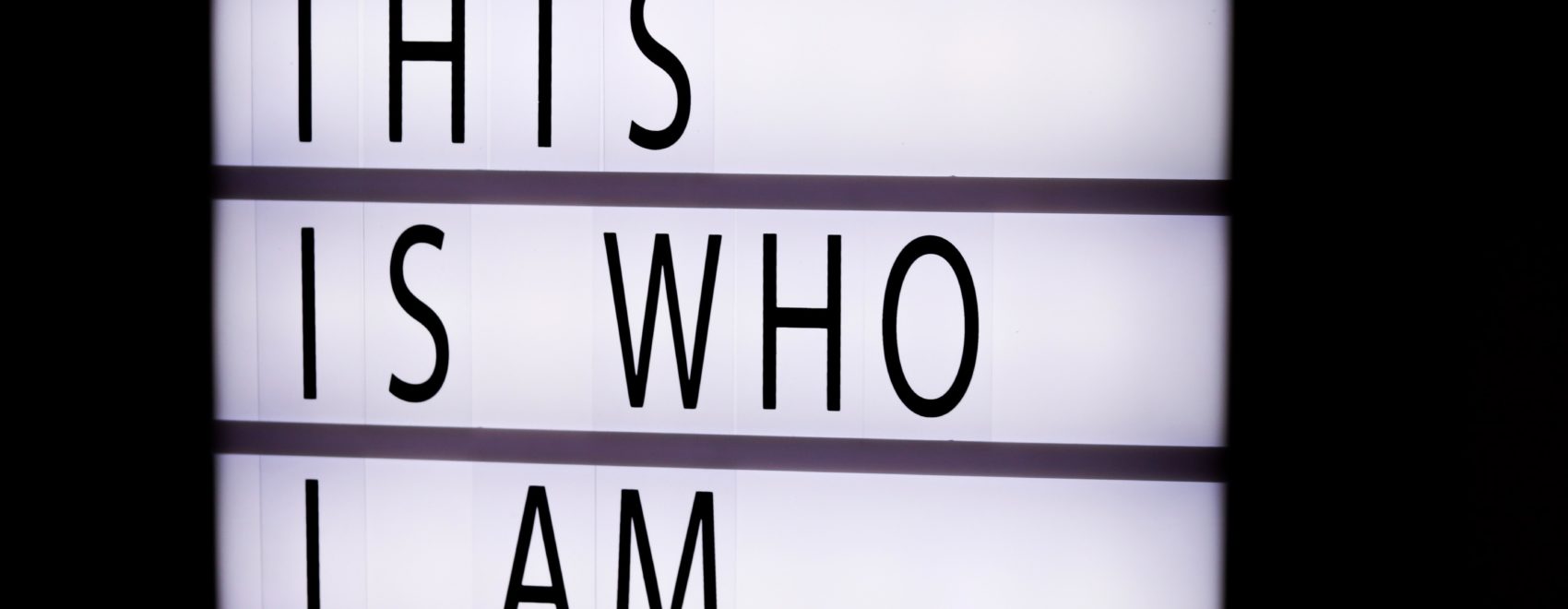Breaking Free: Rewriting the Script of Disability in American Higher Education
In this conversation between Stephanie Levin and Dr. Janise Hurtig, they discuss ableism as a systemic issue that continues to plague American postsecondary education – and how educators can help break the cycle of ableism and further promote inclusiveness within their institutions.

